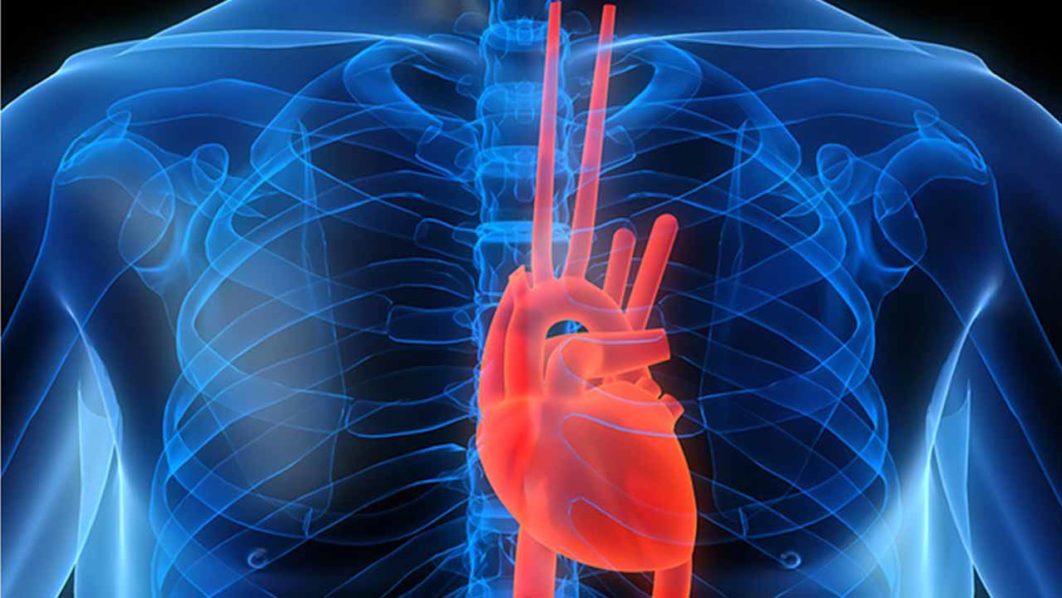The baffling case of a woman who was arrested for DWI without drinking has spotlighted a rare condition called "Auto-Brewery" syndrome, where the digestive system becomes its own tiny brewery.
The woman was able to get the charges dismissed after her lawyer presented evidence by a doctor that she had the rare syndrome, according to the AP. The syndrome causes substances in the gut to ferment food into ethanol, thereby causing a person's blood-alcohol level to spike. While the story of food-turning-to-alcohol in the body may seem like a convenient tale for the police, doctors have found the rare condition in multiple patients.
 As a person’s blood-alcohol level rises, he or she can exhibit all the same symptoms as someone who drank too much liquor, including slurred words and confusion. In one case, the patient said that alcohol could be smelled on their breath.
As a person’s blood-alcohol level rises, he or she can exhibit all the same symptoms as someone who drank too much liquor, including slurred words and confusion. In one case, the patient said that alcohol could be smelled on their breath. Dr. Richard Peek, a professor of medicine and cancer biology at Vanderbilt University Medical Center, said the cause of the symptoms is not fully understood although there is one likely culprit.
"Yeast are normally in the GI tract and the commonality of all these case reports is they have an increased number of candida," Peek told ABC News. "When [yeast] ingest a meal that has a high amount of carbohydrates, they metabolize the carbohydrates into ethanol."
Peek said the alteration of the gut's bacteria, called the microbiome, has far-reaching effects with auto-brewery syndrome being one of the most drastic results.
"These observations show the importance of gastric microbiota or microbiome in altering functions," Peek said. "It really can regulate or cause disease such as irresistible bowel syndrome and it’s been linked to metabolic syndrome, diabetes, fatty liver."
Peek said more study was needed to pinpoint the exact cause and find a cure that works for all patients.
"You could recommend a low carbohydrate diet and in some cases that has worked to reverse the symptoms," Peek said, stressing that these treatments have not been proven for every patient. "You can treat the patients with antifungal medications to reduce the load of candida in microbiota."
While most people will not end up with a tiny "brewery" in their gut, Peek said anyone can face an alteration of their micrombiome, due to illness, antibiotics or other conditions.
He recommended a good diet, exercise and occasional probiotics to achieve a healthy microbiome.
By Gillian Mohney
ABUJA: Training Schedule for Basic Life Support BLS, Pediatric Advanced Life Support (PALS), Advanced Cardiovascular Life Support ACLS, First Aid, CPR, AED
PORTHARCOURT: Training Schedule for Basic Life Support BLS, Pediatric Advanced Life Support (PALS), Advanced Cardiovascular Life Support ACLS, First Aid, CPR, AED
LAGOS: Training Schedule for Basic Life Support BLS, Pediatric Advanced Life Support (PALS), Advanced Cardiovascular Life Support ACLS, First Aid, CPR, AED




